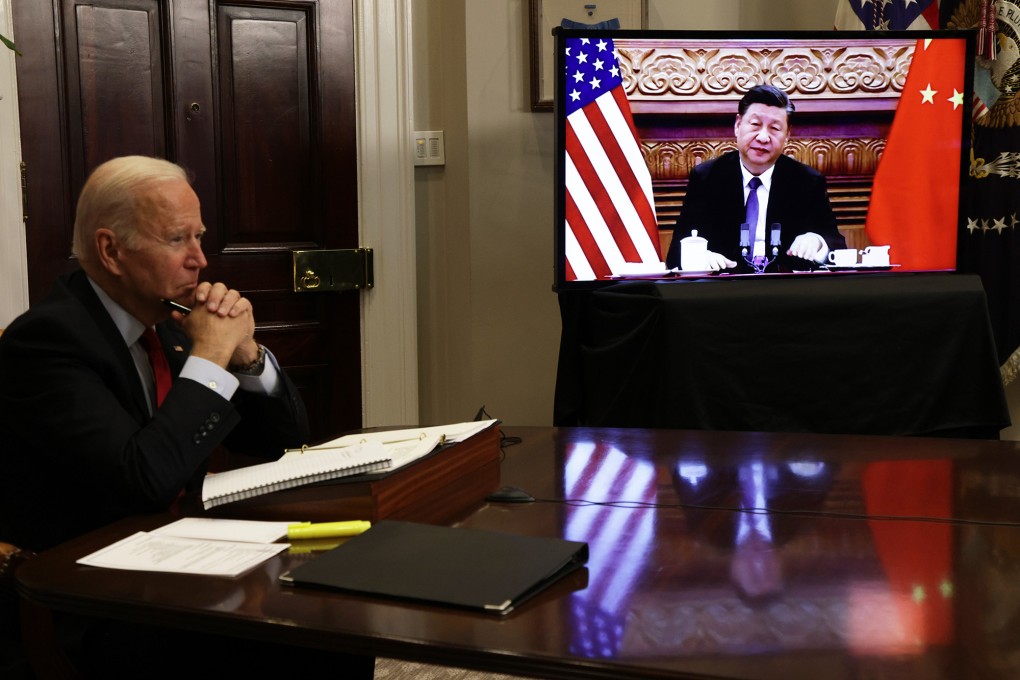My Take | The catastrophic risk of a ‘peak China’ and ‘declining America’
- Some pundits and politicians argue that China as a rising power has peaked and that US power is in decline, making them both more insecure and dangerous. Woe to all of us if both ideas prove right

You have heard ad nauseam about the Thucydides Trap, the international relations theory according to which a rising power (China) will more likely than not challenge the status quo favoured and maintained by the dominant power (the United States), thus leading to war.
Now, there seems to be a modification. Some pundits and politicians, in China and the West, have argued that 1. China as a rising power has peaked, which makes it more insecure and dangerous; and 2. US power is in decline and that makes it more insecure and dangerous.
The world will be a much better place if both ideas are wrong, but much more dangerous if at least one of them is right. And woe to all of us if both ideas prove right. Let’s consider them in turn.
Peak China
The idea is not new but has been given impetus by a new book, Danger Zone: The Coming Conflict with China, by two US academics, Hal Brands and Michael Beckley. Brands has arguably become his country’s most prolific anti-China hawk, his opinion pieces appearing in Bloomberg to Foreign Affairs, and everywhere in between. And of course, he never has a good word to say about China.
I haven’t read the book and I doubt I will. But the basic idea seems simple enough. As quoted by James Kynge, a well-regarded journalist with the Financial Times, “Both history and China’s current trajectory suggest that the Sino-American competition will hit its moment of maximum danger during this decade, the 2020s,” they write.
“The reason for this is China has reached the most treacherous stage in the life cycle of a rising power – the point where it is strong enough to aggressively disrupt the existing order but is losing confidence that time is on its side.”
They then present a litany of ills stemming from its declining economic performance. Funnily enough, in December, Chris Patten, Hong Kong’s last governor and currently the dean of Britain’s anti-China critics, already presented similar arguments in a widely read op-ed titled “Post-peak China”, in Project Syndicate.
